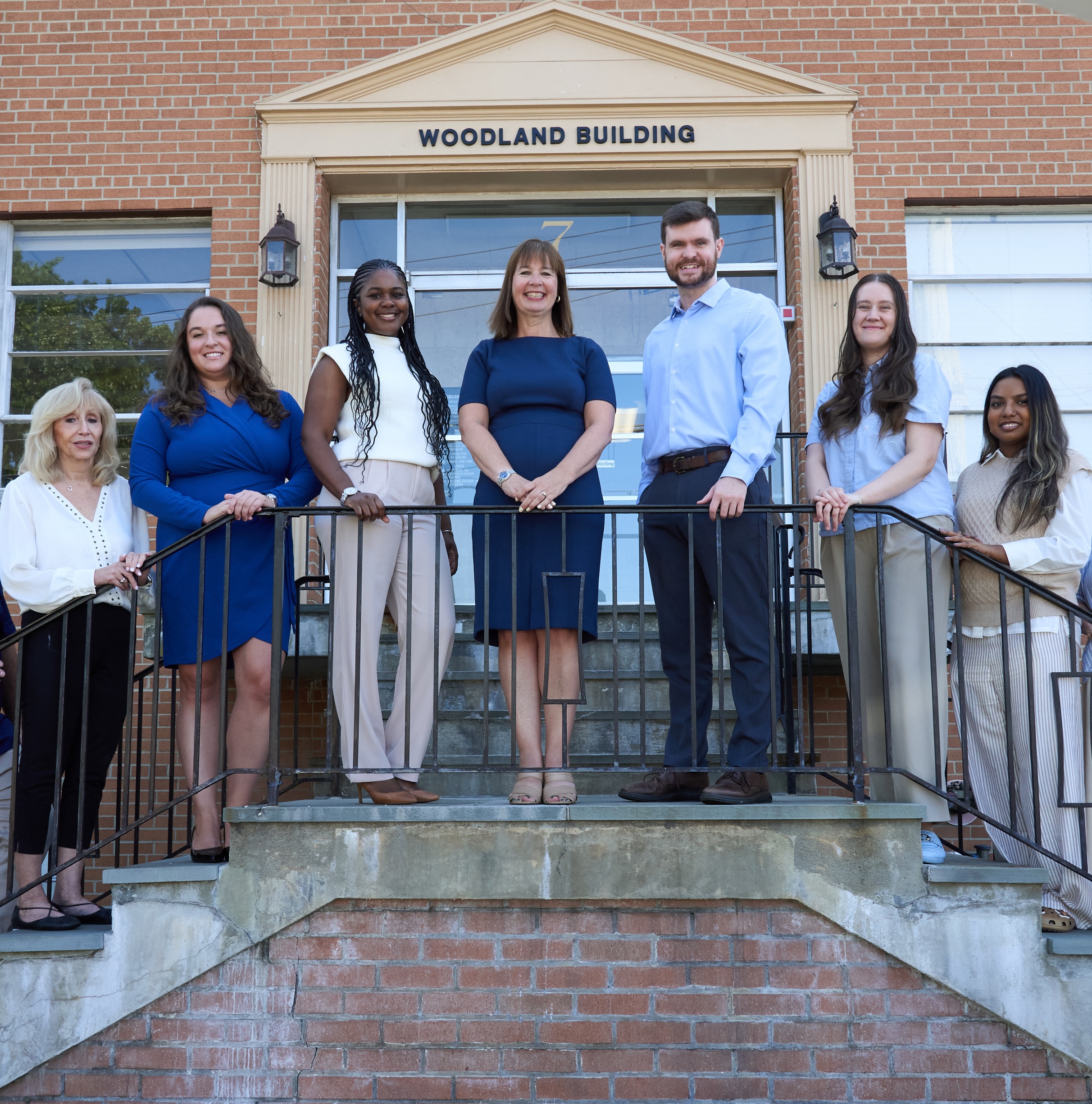
Social Security Disability Insurance (SSDI) provides cash assistance for people who are unable to work due to a serious physical or mental disability. However, not all people who are disabled will qualify.
Understanding How Disability Is Defined
The Social Security Administration (SSA) defines disability in a way that is somewhat different than how the general public thinks of a disabling condition. To be considered disabled, you must:
- Have a condition that prevents you from doing the work you did previously
- Be unable to adjust to other types of employment due to your disability
- Have a disability that is expected to last one year or more or result in your death
If your condition is expected to improve before one year, or you can still work, you will not be found disabled for the purpose of receiving SSDI benefits.
SSDI has no asset limits, so investments and the income of other family members will not be taken into consideration when determining eligibility. Only the income you earn from working is considered. The amount of earnings that will be considered substantial gainful activity changes each year. However, in 2020, applicants earning more than $1,260 a month generally could not be considered disabled.
Qualifying for Disability Benefits Based on Work History
To receive SSDI benefits, you must have earned sufficient work credits through taxable employment. The number of work credits you need varies based on age but is between 20 and 40 for most adult workers. The amount of income needed to earn a work credit changes each year. For example, in 2020, you needed $1,410 in wages or self-employment income to earn one work credit and you could earn a maximum of four work credits per year.
If you do not have sufficient work credits, but meet the SSA’s definition of disability, you may qualify for Supplemental Security Income (SSI). However, unlike SSDI, this program is reserved for people with very low household incomes and limited assets.
How We Can Help
The process of applying for SSDI can be complex and time-consuming. Providing accurate information regarding your work history and medical condition is essential. Working with an attorney is the best way to ensure your application for benefits is prepared correctly. If your application has been denied, an attorney can represent you during the appeals process.
Contact O’Connor Law today to schedule a free, no-obligation initial consultation. Our offices are convenient to residents of Westchester, Nassau, Suffolk, Rockland, Putnam, and Orange counties, as well as those living in Brooklyn, Bronx, Queens, and Manhattan.
| Related Links: |

